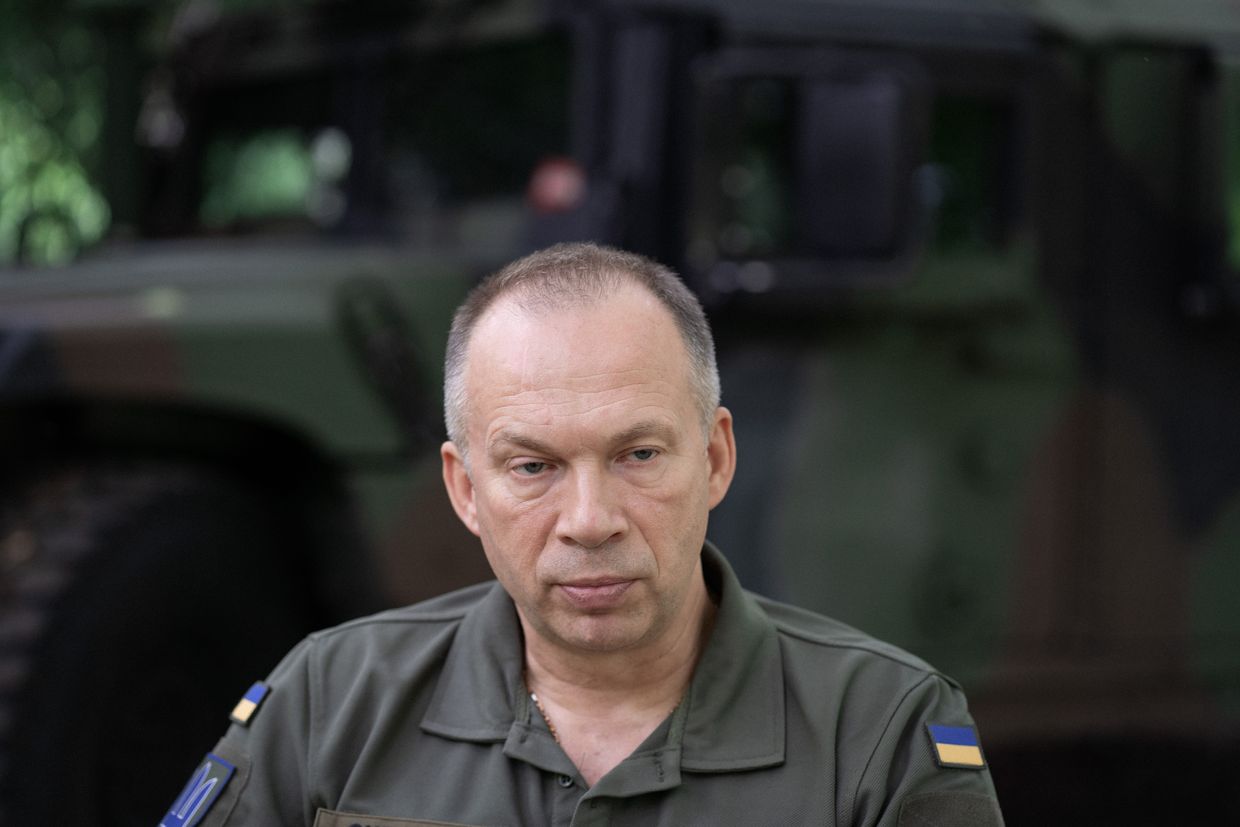Global press freedom enters 'difficult situation' due to financial, propaganda pressure, RSF warns

Global press freedom has entered a "difficult situation" for the first time, according to the 2025 World Press Freedom Index published by Reporters Without Borders (RSF) on May 2.
The index highlights an unprecedented economic crisis across independent outlets in Europe, worsened by the collapse of American aid and the spread of Russian propaganda.
The RSF index evaluates press freedom across five categories: security, legal framework, economic, political, and socio-cultural contexts.
A key factor in the decline was the abrupt freeze in funding for the U.S. Agency for International Development (USAID), which halted American international aid and plunged hundreds of media outlets into severe financial distress.
Ukraine, where martial law is still in effect due to the war unleashed by Russia, is ranked 62nd on the list. The disruption of USAID forced some Ukrainian outlets to shut down, weakening independent journalism at a critical moment in the war against Russia.
Nearly 90% of Ukraine's regional media outlets relied on international grants, with advertising revenues contributing just 3-10%, Oksana Romaniuk, head of the Kyiv-based Institute of Mass Information, told the Kyiv Independent in January.
Without this funding, outlets face mounting difficulties in reporting on Russian war crimes and corruption, while the Kremlin retains extensive means to spread disinformation.
Budget cuts under U.S. President Donald Trump's administration — including suspensions of support for Radio Free Europe/Radio Liberty (RFE/RL) and USAID — have further weakened media sectors.
Russia's press freedom ranking plunged nine places to 171st out of 180 countries, its worst-ever showing. The country scored just 24.57 points under RSF's 100-point scale, positioning it near the bottom alongside Egypt and Nicaragua.
In contrast, post-Soviet states Armenia and Moldova improved their standings, ranking 34th and 35th, respectively, with Armenia registering the region's highest year-over-year gain, up nine spots.
The Baltic States remained among Europe's strongest performers: Latvia ranked 15th, Lithuania 14th, and Estonia secured 2nd place globally, behind only Norway.
Lithuania and Latvia have also taken firm measures against Russian disinformation, banning Russian TV channels and blocking multiple Russian news websites as part of broader responses to Russia's full-scale war against Ukraine.













